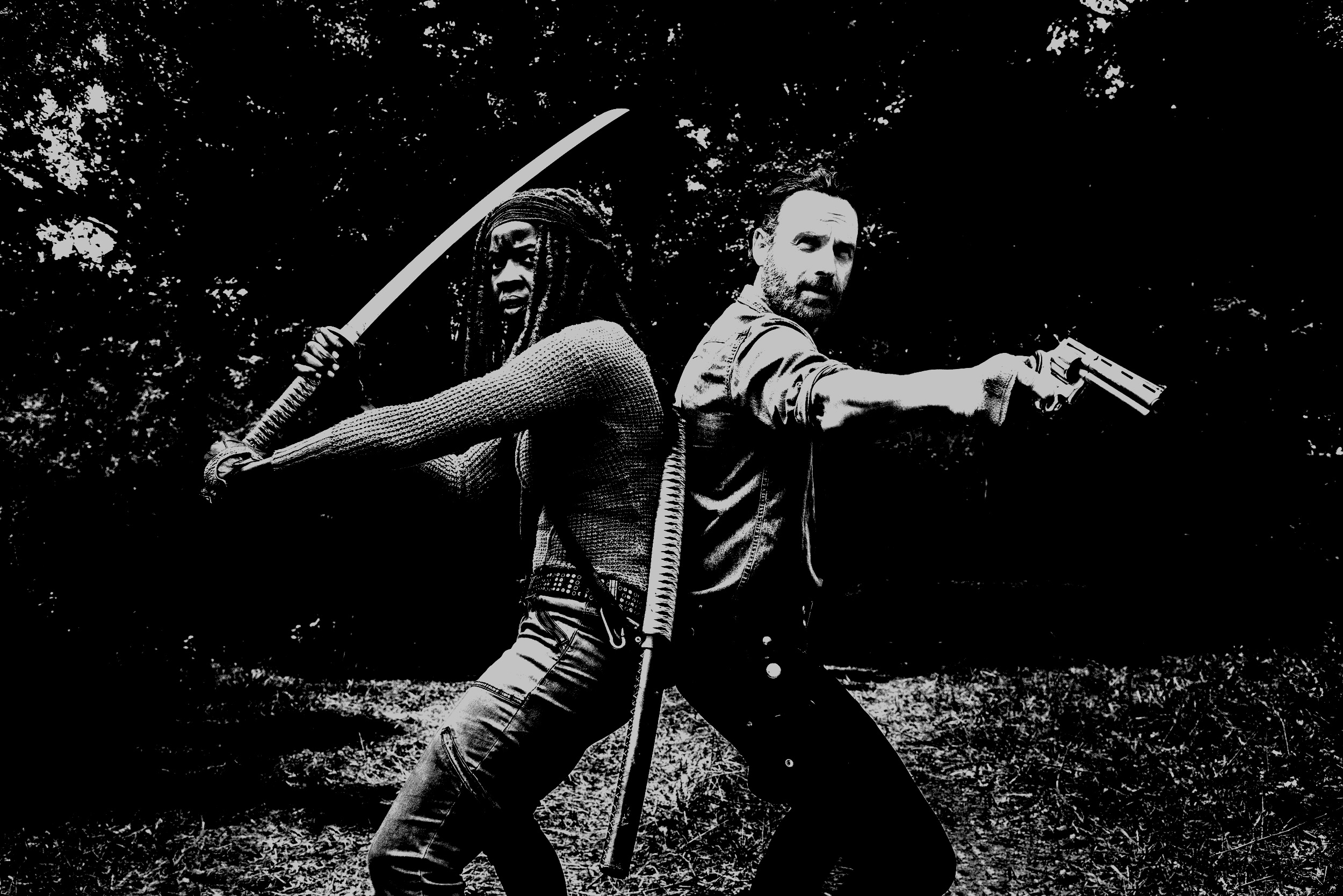Zombies & The Downside of Technology

It’s a great time to be human.
We’re connected, protected. Communication, travel—once formidable challenges—are conquered. Boundless advances in science and medicine have reshaped our world.
However, such prosperity has a downside—and a chilling one. We’ve lost sight of the greatest danger of all.
Zombies.
By my estimate zombies don’t need to breath, and while we’re up here worrying about the threat from the surface or beyond—no one has thought about the deep, unexplored trenches of our oceans.
My hypothesis: zombies are down there. And thriving.
A booming metropolis of the undead. Hospitals and healthcare. Education. Houses of Worship. A judicial system—fair and just for all.
And they know about us. Perhaps, some are among us even now. Planning their zombie apocalypse.
Facebook. Instagram. LinkedIn. Pinterest. Etsy. The very tools that will destroy us.
With the ability to instantly connect at a mass level, we are doomed. Zombies will organize and exploit the advantages of our digital age.
Ponder this:
Through the magic of social media, coordinating a zombie horde will require almost no effort. A once meandering, disorganized affair will now be streamlined and, ultimately, quite practical.
Add to this toxic marriage of zombies and social media the automated car.
While we herald a new dawn of automated transportation at affordable prices, an electric car will soon be very economical.
I cannot speak to the zombie’s form of currency but even with the most modest exchange rate, the majority should be able to afford one.
With push-of-a-button, autonomous navigation a zombie needn’t learn the mechanics of operating a vehicle. The car will safely deliver them to ground zero.
The time to prepare is now.
Be practical. Dig a bunker. Pack it with dry goods and plenty of munitions. Train your children on marksmanship and guerilla warfare tactics—while there’s still time.
Above: the perfect storm.
We’re ****ed.
There is a grand irony to our obsession with zombie culture.
The internet. Social media. Email. Cell phones. All of it—these pseudo-communication tools rob of us of authentic interaction. The world can be on fire, and we’re texting. Entirely oblivious. Aimlessly wandering, insatiably craving the next social media post.
We’ve become the very monsters we fear.
We are now the zombies.
A Family staying connected through Facebook is a great thing—unless that digital connection becomes a substitute for face-to-face interaction.
Headphones are great, but now we roam around in an urban trance oblivious to our surroundings.
Computers are great, but now instead of enjoying outdoors and exercising, we’re sitting indoors and eating.
Email is great, but now instead of talking to a colleague fifteen feet away, we email them.
Every time you can—talk in person. Make it a conversation. Value connection over convenience.
This is especially true for information that’s sensitive, constructive criticism, or otherwise “bad news”.
Emails are cold. Indifferent. Impersonal.
Emails do not relay tone—which, in communication, is far more important than verbiage.
Authentic relationships require authentic interaction.
It is an error of leadership to not discuss hard truths in person; to relay disappointing news through Email. The employee or family member will feel you are unconcerned and uncaring.
Have you received—or written—a well-intentioned email perceived as nasty? The problem isn’t what you said—it’s the tone-deaf platform you chose to communicate through. Cat posters are fine over email. Challenging discussions are not.
If it’s even slightly questionable, discuss it in person.
Our survival depends on it. When zombies destroy the power grid there won’t be any form of digital media—only traditional communication.
Practice the art of conversation.
Hone these skills while there’s still time.
Mark Joseph Huckabee









